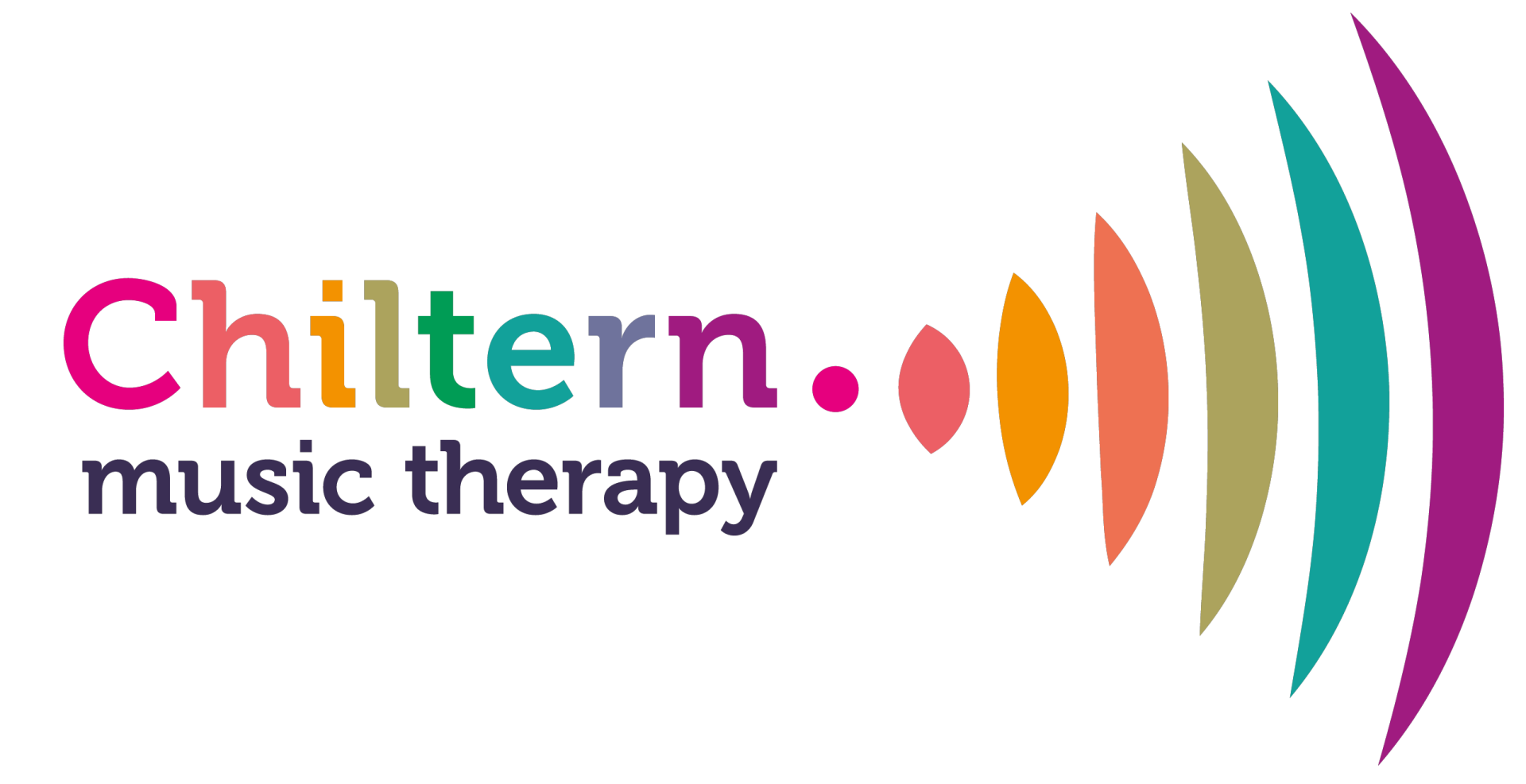
What Music Therapy Is (and Isn’t)
When people hear the term music therapy, they often imagine soft background music, a relaxing playlist, or someone playing guitar in a hospital ward.
The reality is both simpler and far more powerful.
Music therapy isn’t about performance - it’s about connection.
The reality is both simpler and far more powerful.
Music therapy isn’t about performance - it’s about connection.
What Music Therapy Isn’t
Music therapy isn’t:
It’s not about skill or show - it’s about what happens between people when music becomes a shared language.
- A concert or performance
- A music lesson or singing class
- Just listening to soothing tracks
- Only for people who “love music”
- Something that requires musical ability
It’s not about skill or show - it’s about what happens between people when music becomes a shared language.
What Music Therapy Is
Music therapy is a clinical and creative process led by a qualified therapist.
It uses music to support communication, emotional expression, movement, and social connection.
Sessions might involve:
Every session is different because every person is different. What stays the same is the therapist’s role: to listen closely, musically and emotionally, and to use sound to help someone connect, communicate, or find their own expression.
Sessions might involve:
- Playing instruments, singing, or moving to music
- Listening together and responding through sound
- Exploring rhythm, silence, and interaction
Every session is different because every person is different. What stays the same is the therapist’s role: to listen closely, musically and emotionally, and to use sound to help someone connect, communicate, or find their own expression.
Why It Matters
Music reaches parts of the brain linked to emotion, memory, and movement.
That’s why it can make such a difference for people who find words difficult - after illness, trauma, or developmental challenges.
A few moments from our work:
Each of these moments shows that music therapy isn’t about performance or perfection - it’s about communication, confidence, and connection.
A few moments from our work:
- A young child using drumming to express excitement and frustration.
- An adult recovering from a stroke finding rhythm in their speech again.
- A person with dementia lighting up as they recognise a familiar melody.
Each of these moments shows that music therapy isn’t about performance or perfection - it’s about communication, confidence, and connection.
Where It Takes Place
Music therapy can take place anywhere people need support, such as hospitals and hospices, schools and specialist settings, care homes and community groups. We also provide music therapy online for those unable to attend in person
At Chiltern Music Therapy, our therapists work across all of these settings, supporting people of all ages, from premature babies to those at the end of life.
At Chiltern Music Therapy, our therapists work across all of these settings, supporting people of all ages, from premature babies to those at the end of life.
Learn More
If you’d like to understand more about how music therapy works, our Introduction to Music Therapy as a Career course offers a simple, accessible way to explore the profession and what makes it unique.
You can also try one of our free introductory courses for schools, care homes, AHPs, and families - practical, bite-sized ways to discover how music can support communication and wellbeing in everyday life.
You can also try one of our free introductory courses for schools, care homes, AHPs, and families - practical, bite-sized ways to discover how music can support communication and wellbeing in everyday life.
Subscribe to our newsletter
Thank you!
Policy Pages
Copyright © 2026
